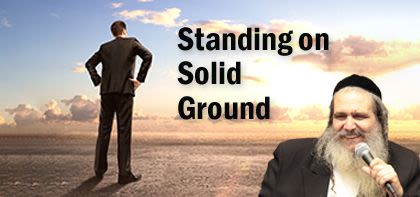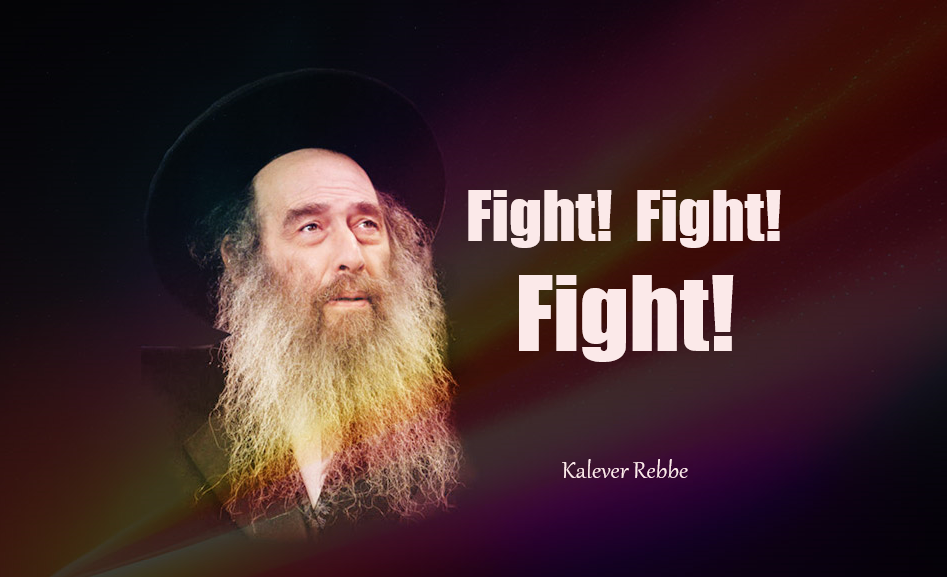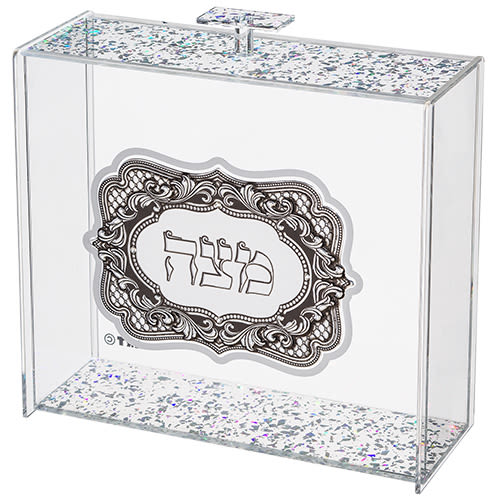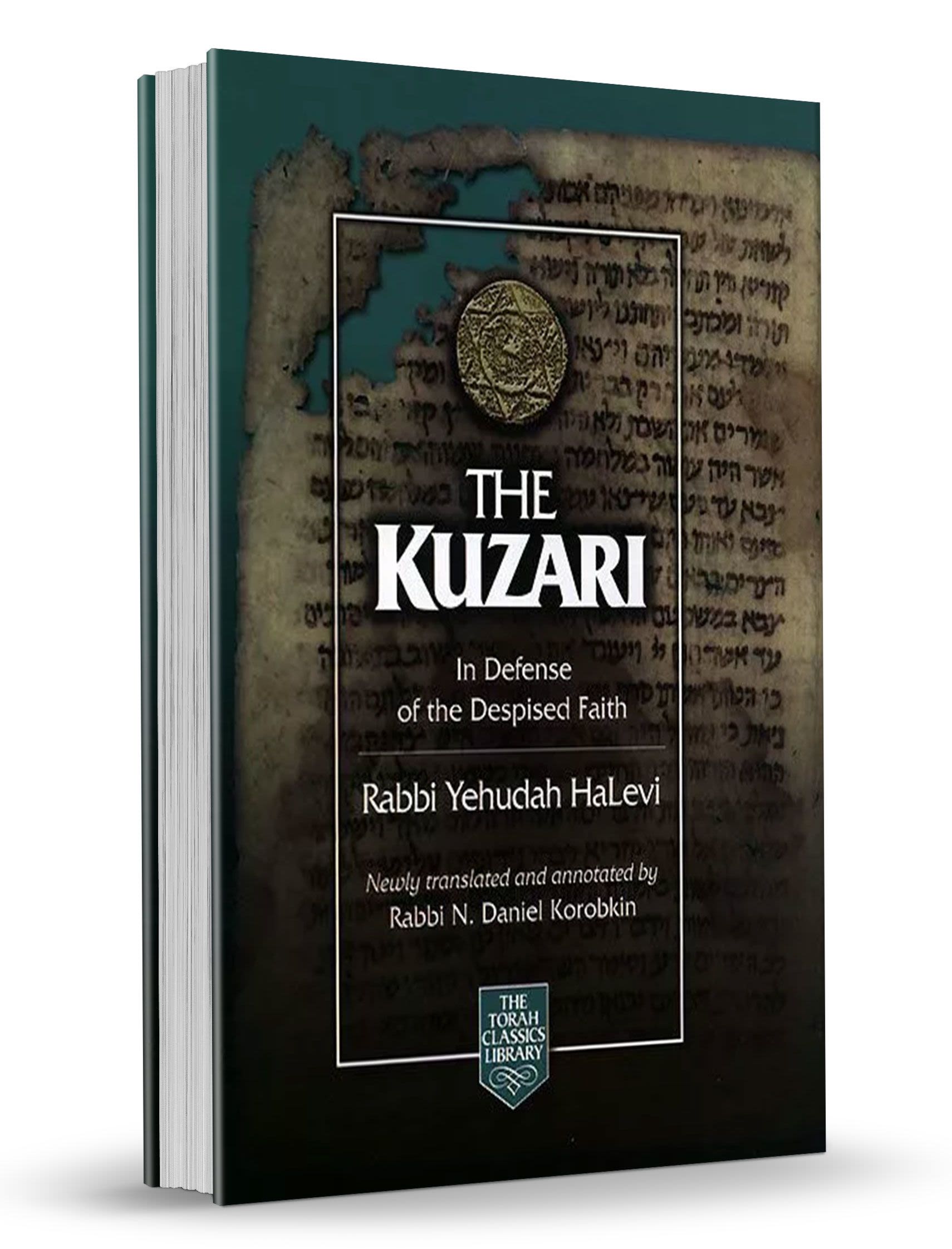
Standing on Solid Ground
Rabbi Arush teaches us the secret of true stability in life, no matter how volatile and uncertain our lives, or the world around us.

When referring to people who are struggling with some form of instability, whether personal, emotional, marital, or professional, people often say, “It’s as if the ground is crumbling beneath his feet.”
Just as the ground is the physical symbol of stability, so too there is one foundational rule which enables us to remain “on solid ground” spiritually. This concept enables us to achieve true stability in every aspect of our physical, emotional, and spiritual lives, even when things around us are stormy and in flux.
Like it or not, the truth is that Hashem doesn’t owe you anything, and is not required to give you anything. Someone who lives this truth – his life is sweet and happy. He is happy with every single thing in his life, and truly appreciates it. He doesn’t give importance to any lacking or problem he has, because he doesn’t expect anything. Everything is only a free gift, and Hashem doesn’t owe it to me to be any different. Thus, the problems don’t take away from the happiness he feels over all his blessings. Even his merits he does not count to himself. Rather, he sees himself only in more debt to Hashem for all his merits, because Hashem had mercy on him and enabled him to perform them even though he doesn’t really deserve it. For sure, he is not now holding his head up and expecting to receive anything because of them!
The perfect of example of this mindset is Moshe Rabbeinu. If there was ever any person about which we could say that he truly deserves something from Hashem – it’s Moshe Rabbeinu. Yet, he saw himself only in debt to Hashem, and requested from Hashem only a free gift without expectation, up to his last day.
This comes in contrast to the Jews in the desert, who unfortunately never learned this trait from Moshe Rabbeinu. They had every good imaginable, and they could expect only more and more good – but because they thought that Hashem owed them, they brought on themselves suffering upon suffering. They suffered from an utter lack of gratitude.
The Jewish people were still reeling from the Sin of the Spies, when they had the chutzpah – the brazen-faced gumption – to cry and complain about the biggest gift they could ever receive – the Land of Israel. Now, comes Korach, who laid everything on the table. He demanded with total self-assurance: “I should be the King! I deserve everything. I should rule!”
Korach was the exact opposite of Moshe Rabbeinu, and the icon of “I deserve everything.” He had already received everything. He was one of the richest people in the desert, and he already had a high position and important job. But he became drunk and blind from his great feelings of “I deserve absolutely everything! I should have even more!”
I already discussed the hitchhiker who doesn’t realize that he is only a guest in my previous article, Know Your Place. This story displayed just how foolish it is to think that we are owed something; indeed, nothing is more foolish!
However, such behavior isn’t just foolish; thinking that Hashem owes you something is also falsehood and total heresy. The truth is, that Ein od Milvado – there is nothing besides Hashem. Everything belongs to Hashem. Hashem does everything, and He does it all with His power, not yours or anyone else’s. We have to thank Him for everything, and He does not owe us anything at all.
This is also the foundation of emuna. When a person thinks that Hashem owes him something, he is immersed in a total lie, and there is no heresy bigger than this. Therefore, Chazal teaches that Korach was a heretic, a kofer.
The beginning and root of all heresy is when a person denies the reality that everything that he has in life is a free gift given to him from Hashem in loving-kindness. “The world is built on kindness” – this means that kindness is the foundation of the world. The world stands on the kindness of Hashem and the free gifts He gives us without merit.
No one stands and lives on his own merits, but rather, only on the kindness of Hashem. Someone who denies this truth is essentially denying the foundation of his own continuation, and the principle on which the world is built. This is why Korach was punished by falling into the ground, which “opened up its mouth” to swallow him. He denied the kindness of Hashem on which the world is built, so he had nothing left on which to stand…
This is also the foundation of our own personal continuation. Someone who thinks that he has it all coming to him and that Hashem should be giving him something more, or something different, than what he already has, is essentially breaking up the ground beneath his feet.
This is also the foundation of our relationship with the tzaddikim (righteous leaders), and our Rabbis and teachers, as well as our spouses. I will expound a bit on how this understanding should influence our relationship with the tzaddikim.
If the Jewish people had acquired this humility to recognize that Hashem didn’t owe them anything, then they also would have recognized that Moshe Rabbeinu didn’t owe them anything either. Instead, they would have appreciated how much he did for them – how many prayers, how much effort he put into them, how much he literally put himself on the line for them time and again, and how much he suffered for them. Nor would they have even begun to do the sins that they did in the desert – not the Sin of the Spies, and not Korach, and not any of the many sins of complaining that they did.
This is the truth. This is the simple emuna (emuna peshuta). This is the real basis on which the world, and our lives, stand. And this is the secret of true stability.













Tell us what you think!
Thank you for your comment!
It will be published after approval by the Editor.